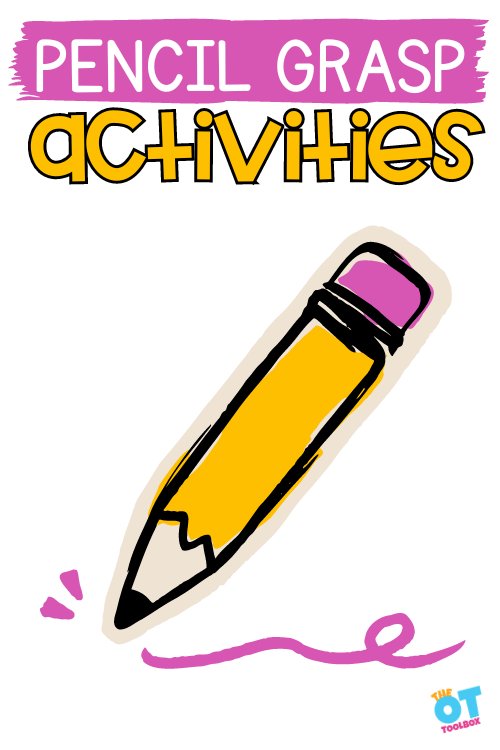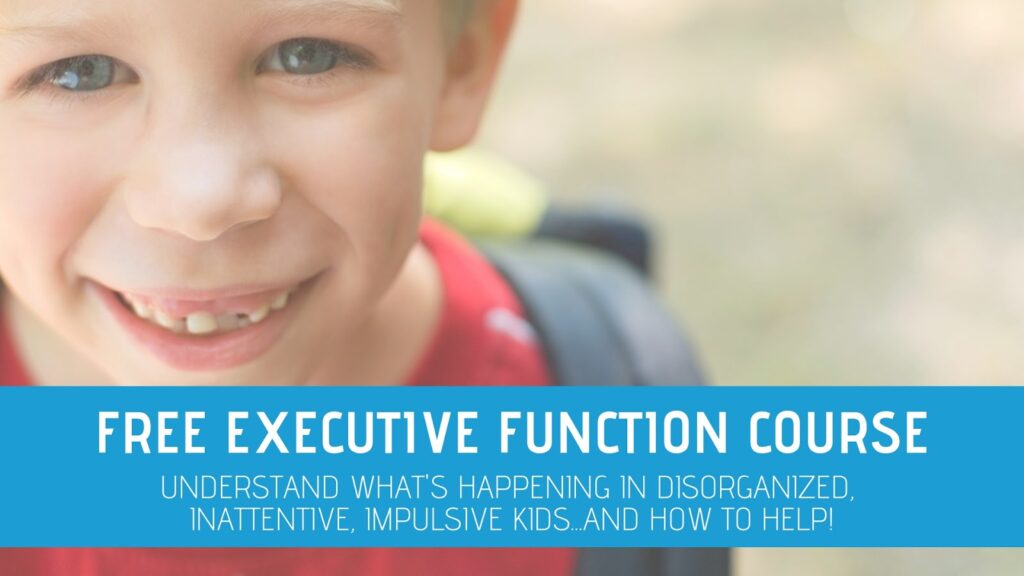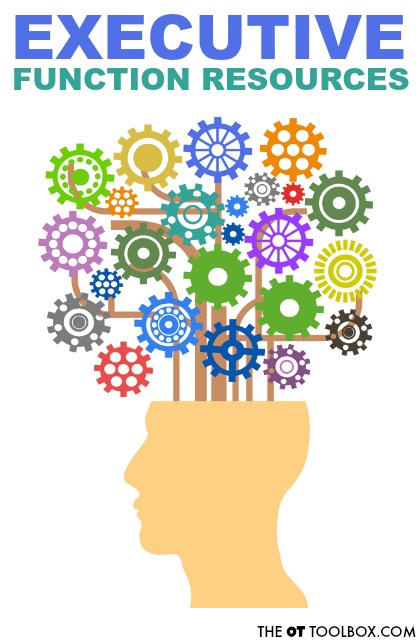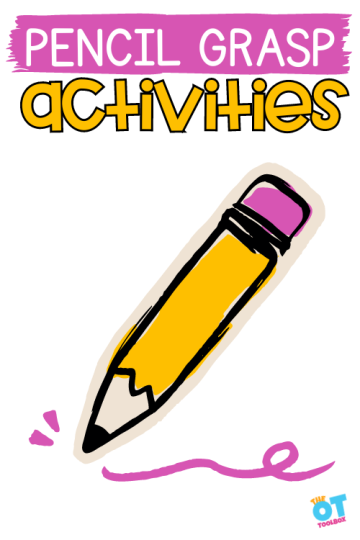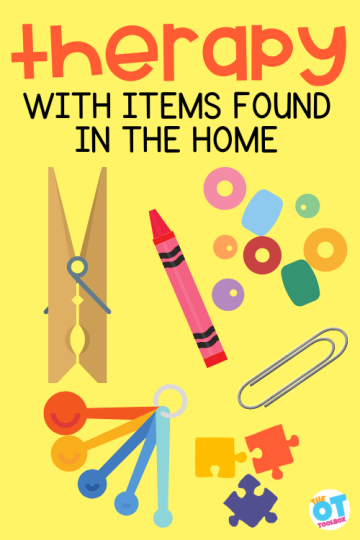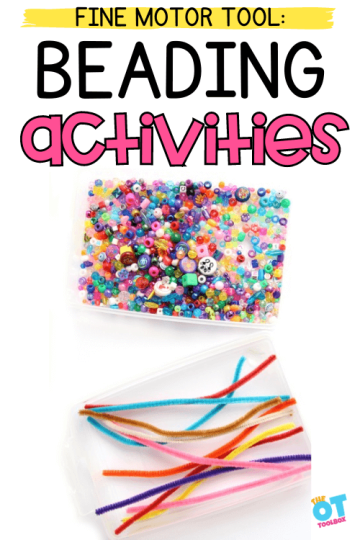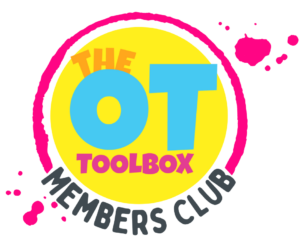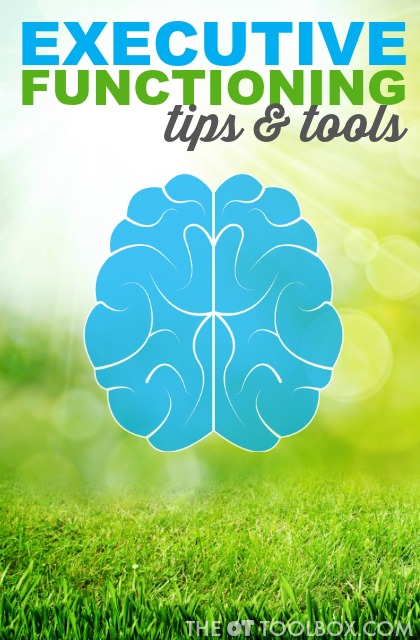
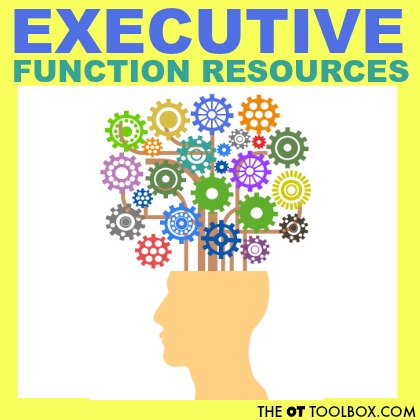
If you’ve noticed anything about The OT Toolbox, it may be that I love to share a lot of tools and resources that can help parents, teachers, and of course, occupational therapists. The information in this post are resources and tools that I share on one of our Facebook pages, Executive Functioning Toolbox. Some readers who do not have access to Facebook have asked for access to this collection of information. It’s my hope that THIS can be an executive function toolbox!
Here are strategies to help the adult with executive function disorder. Many of these tips and strategies are great for teens as well.
How to Improve Executive Function

More information and tools you can use to improve executive function:
20. Looking for more information on executive functioning skills? Here is all of the executive functioning skills items on this website that can help.
21. Finally, here are more executive function resources.
Stay tuned for more tools being added to this page all the time.

